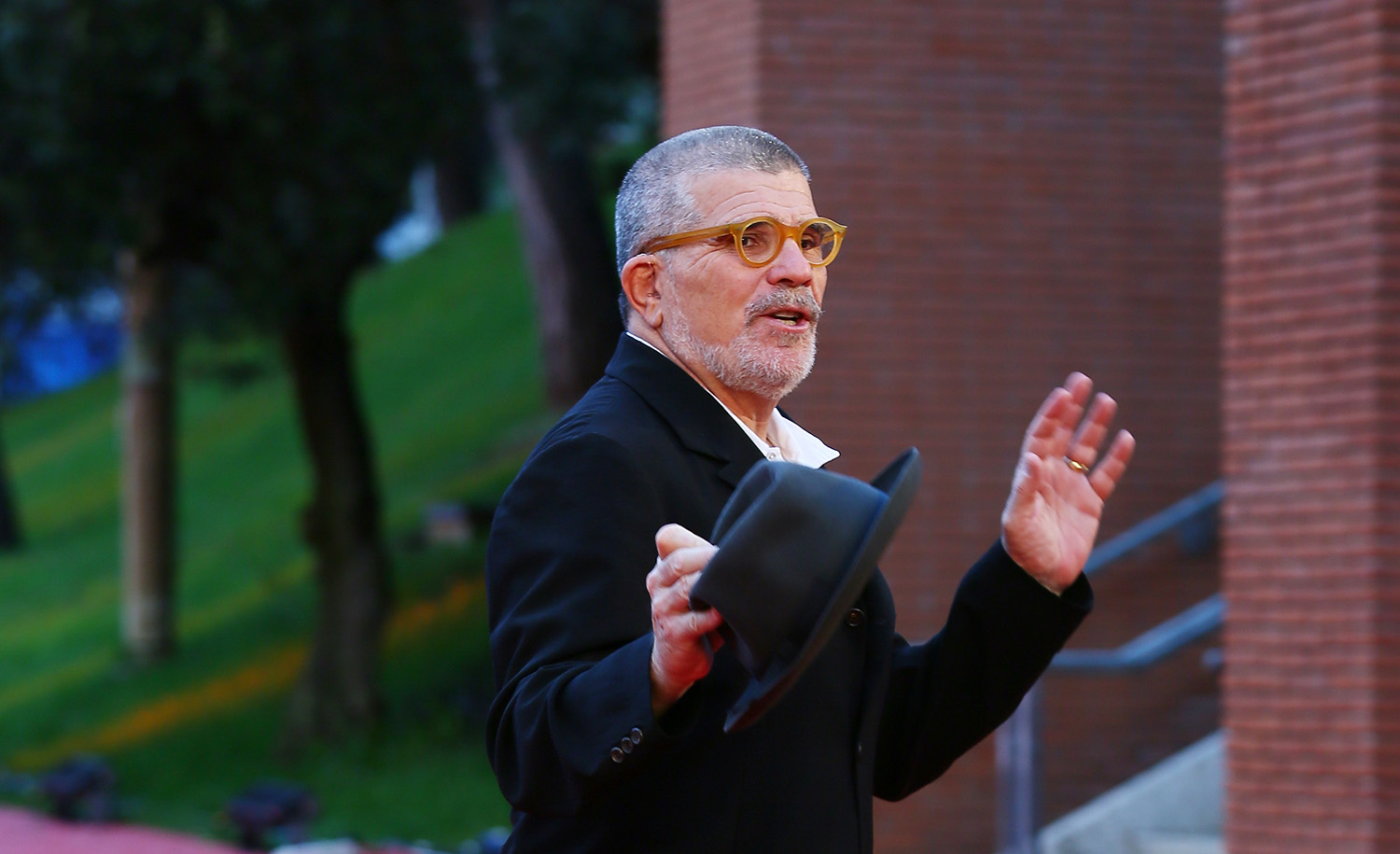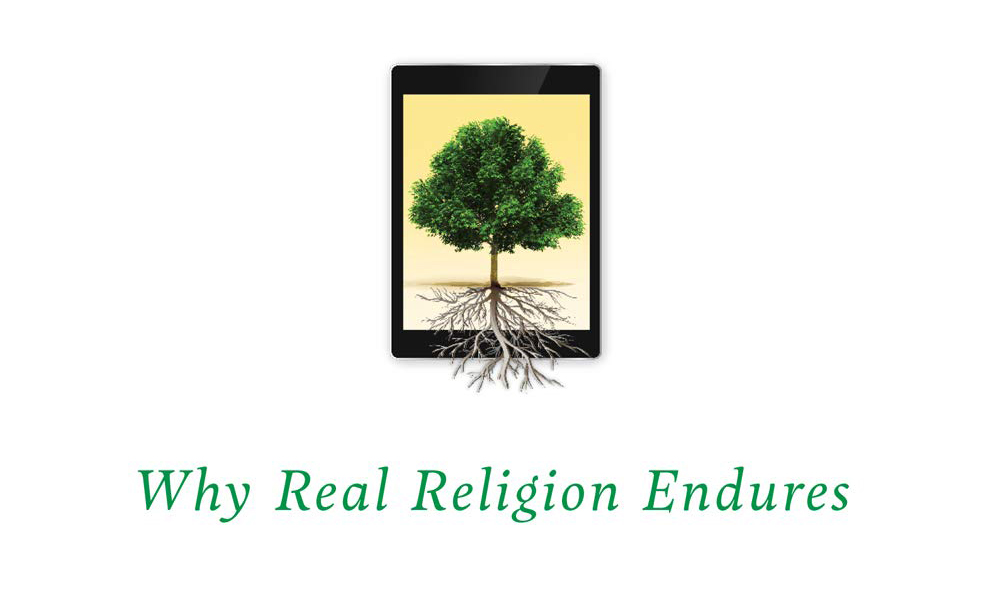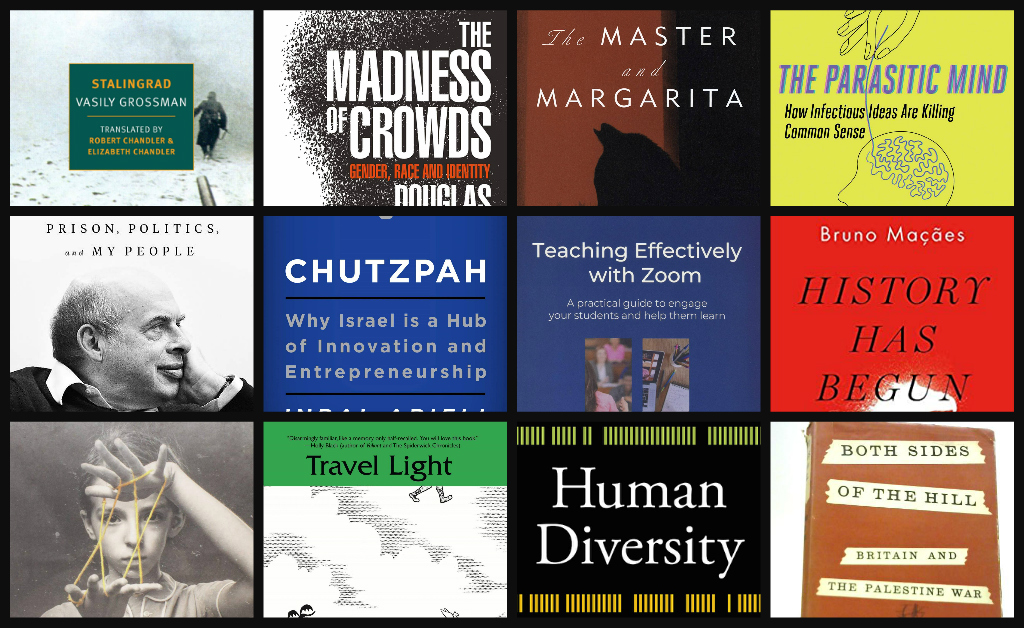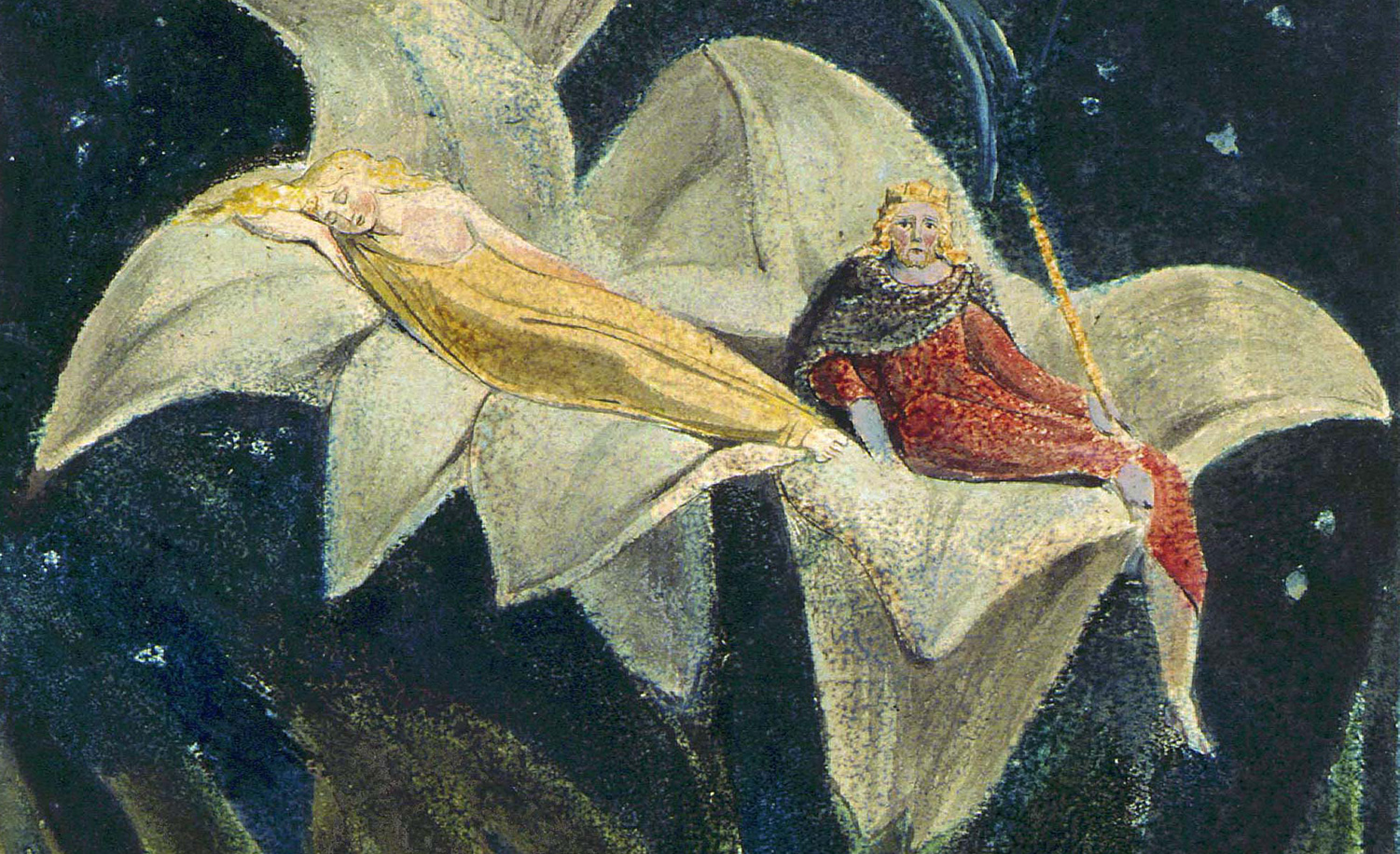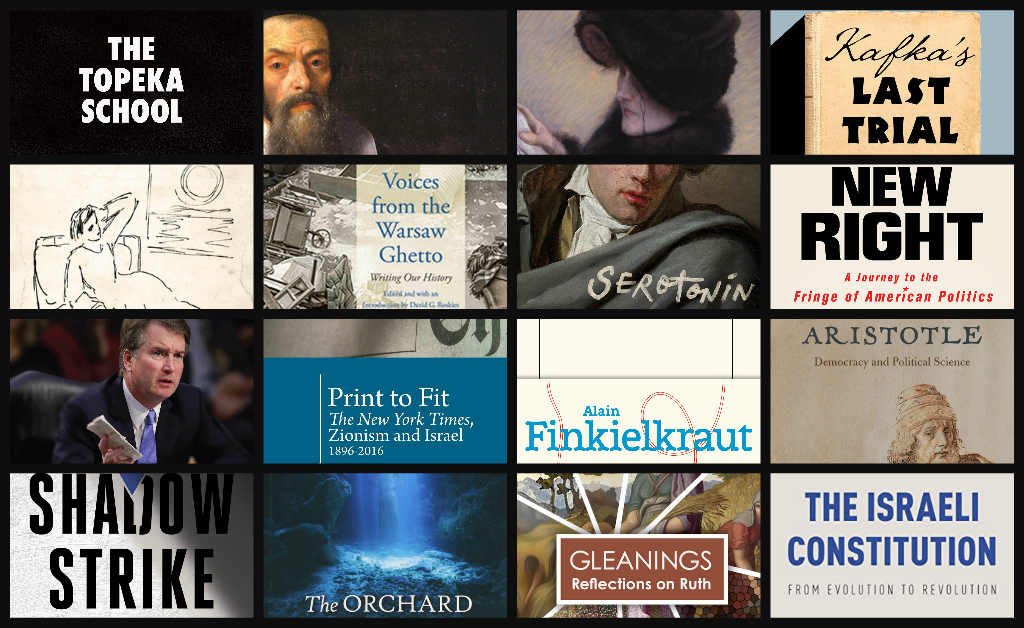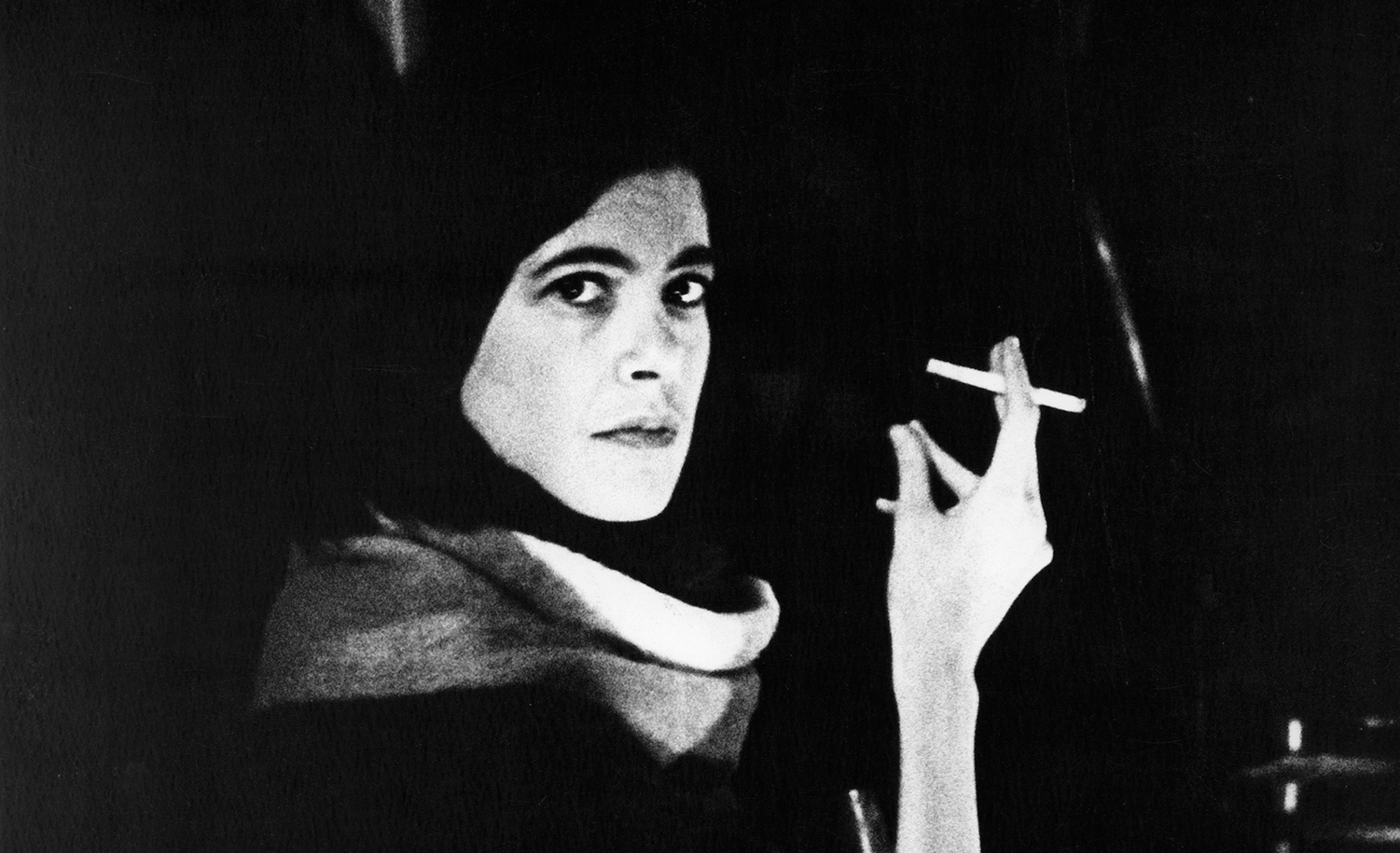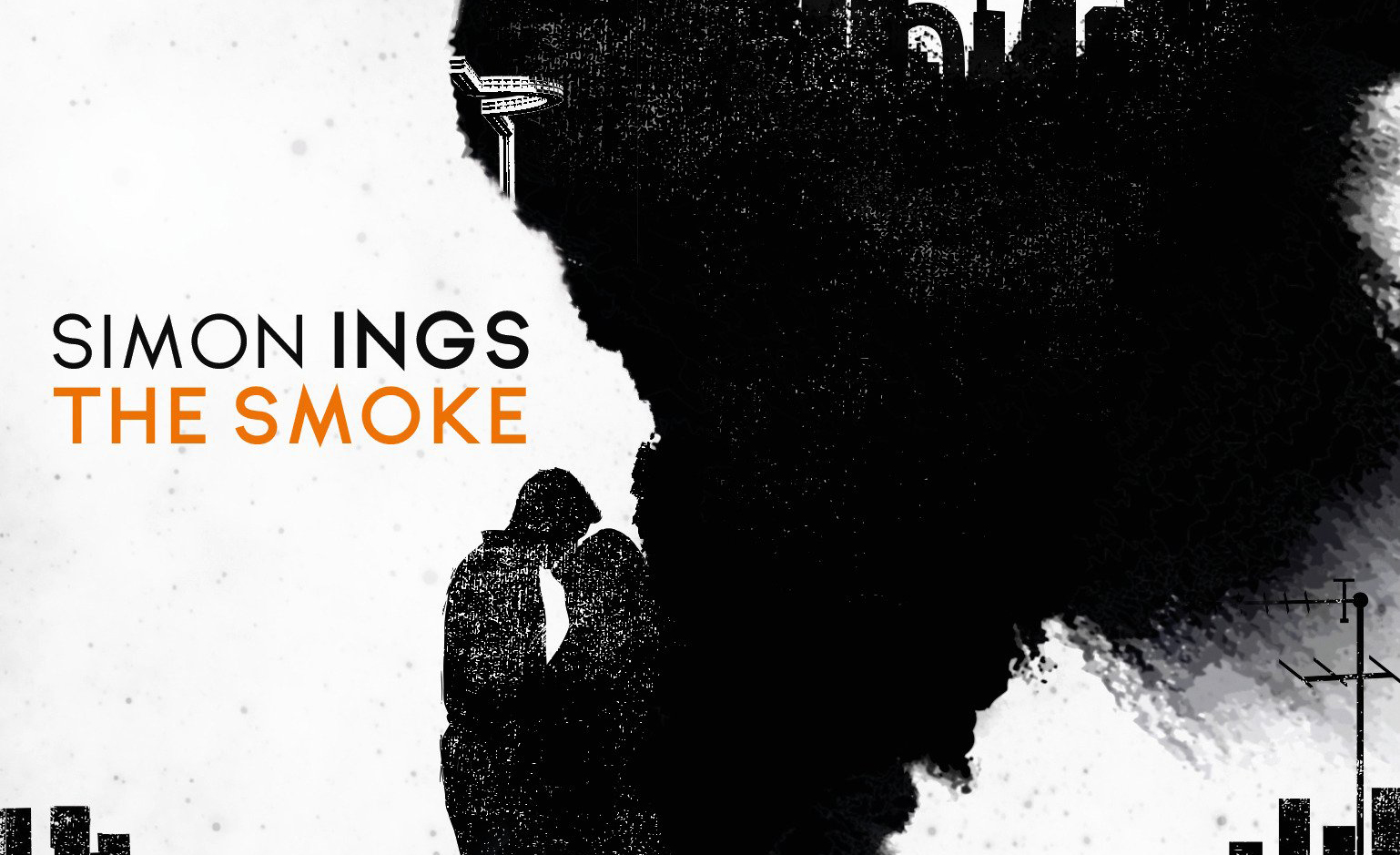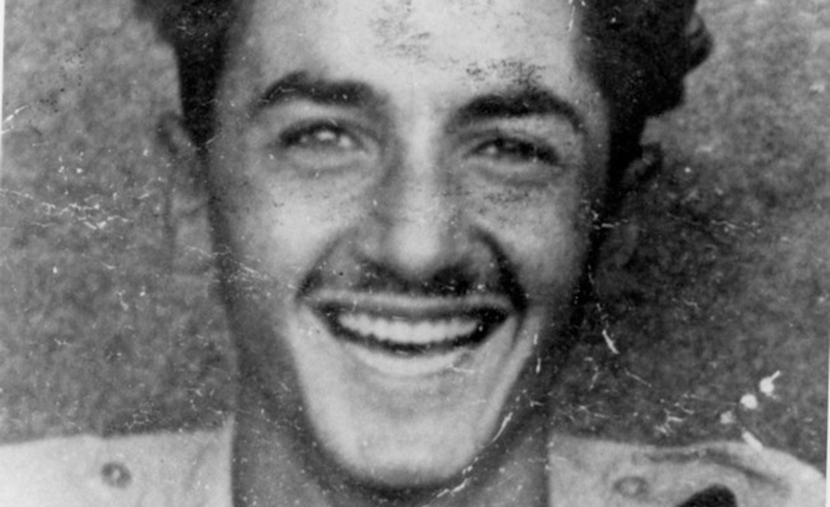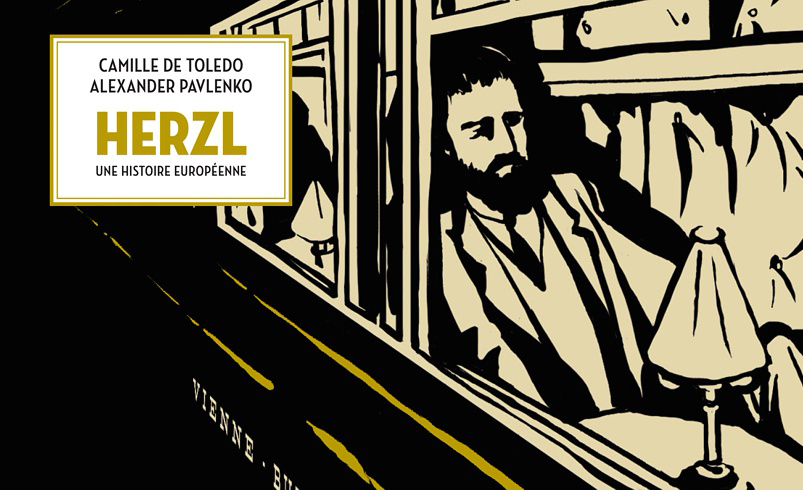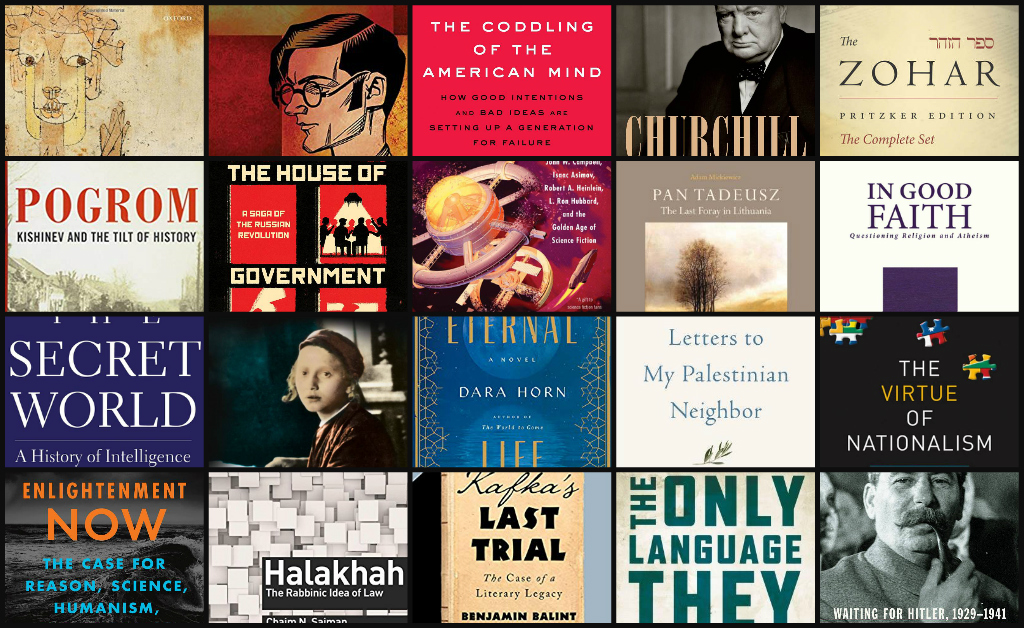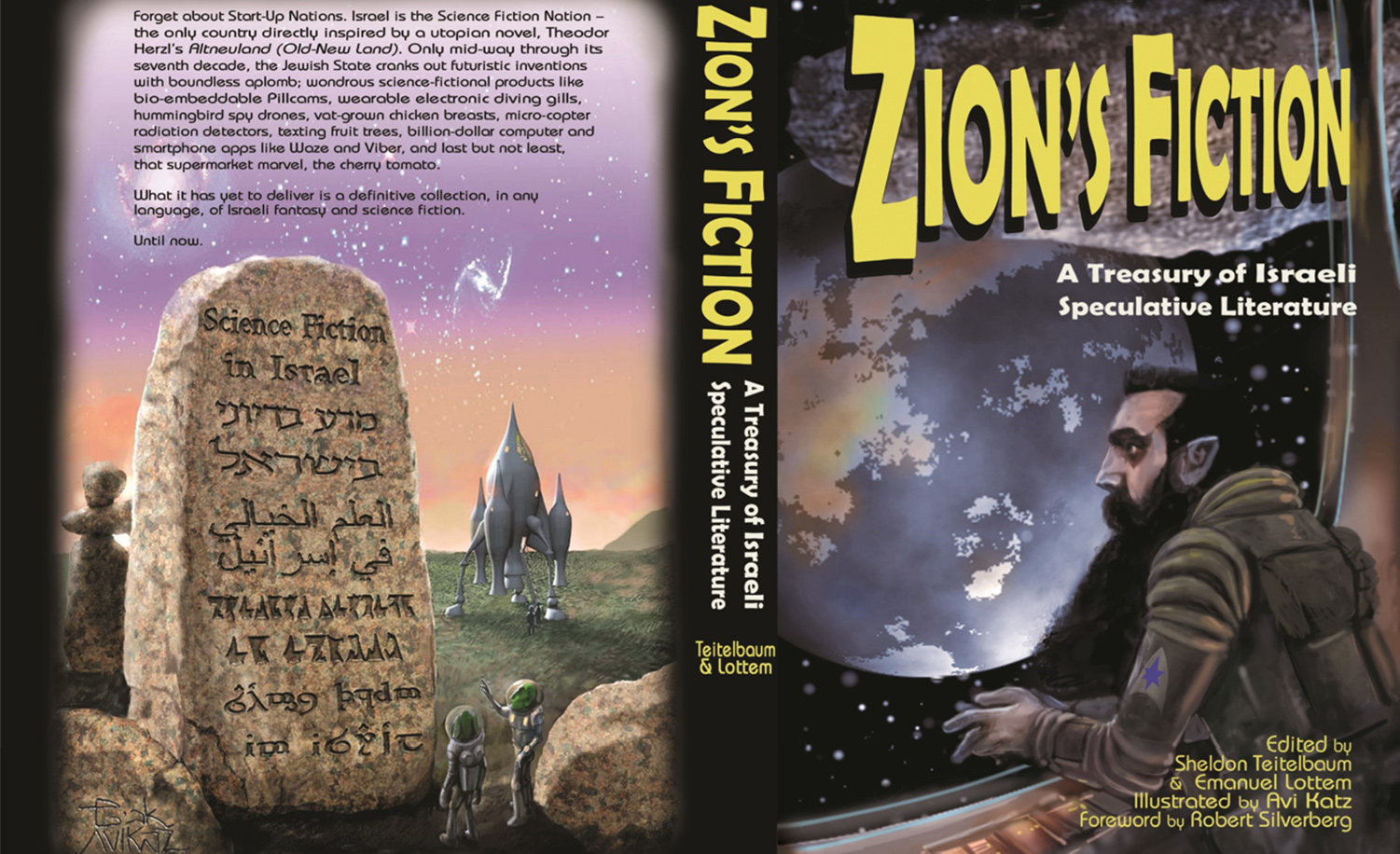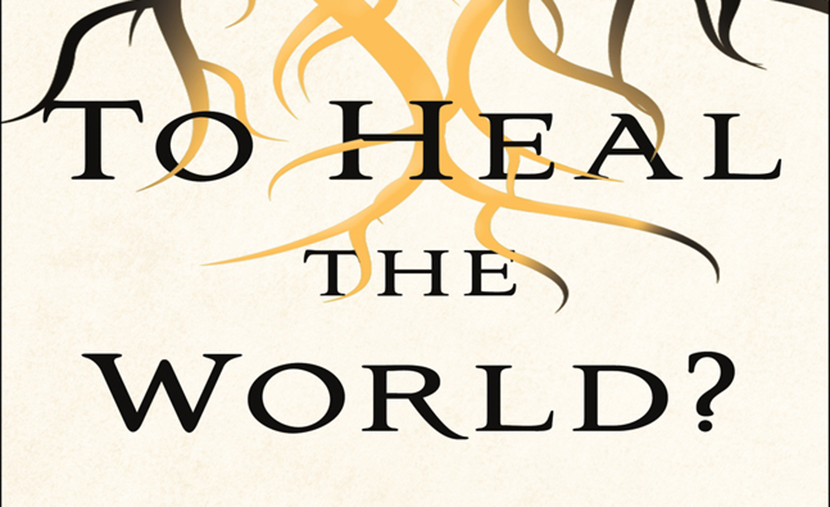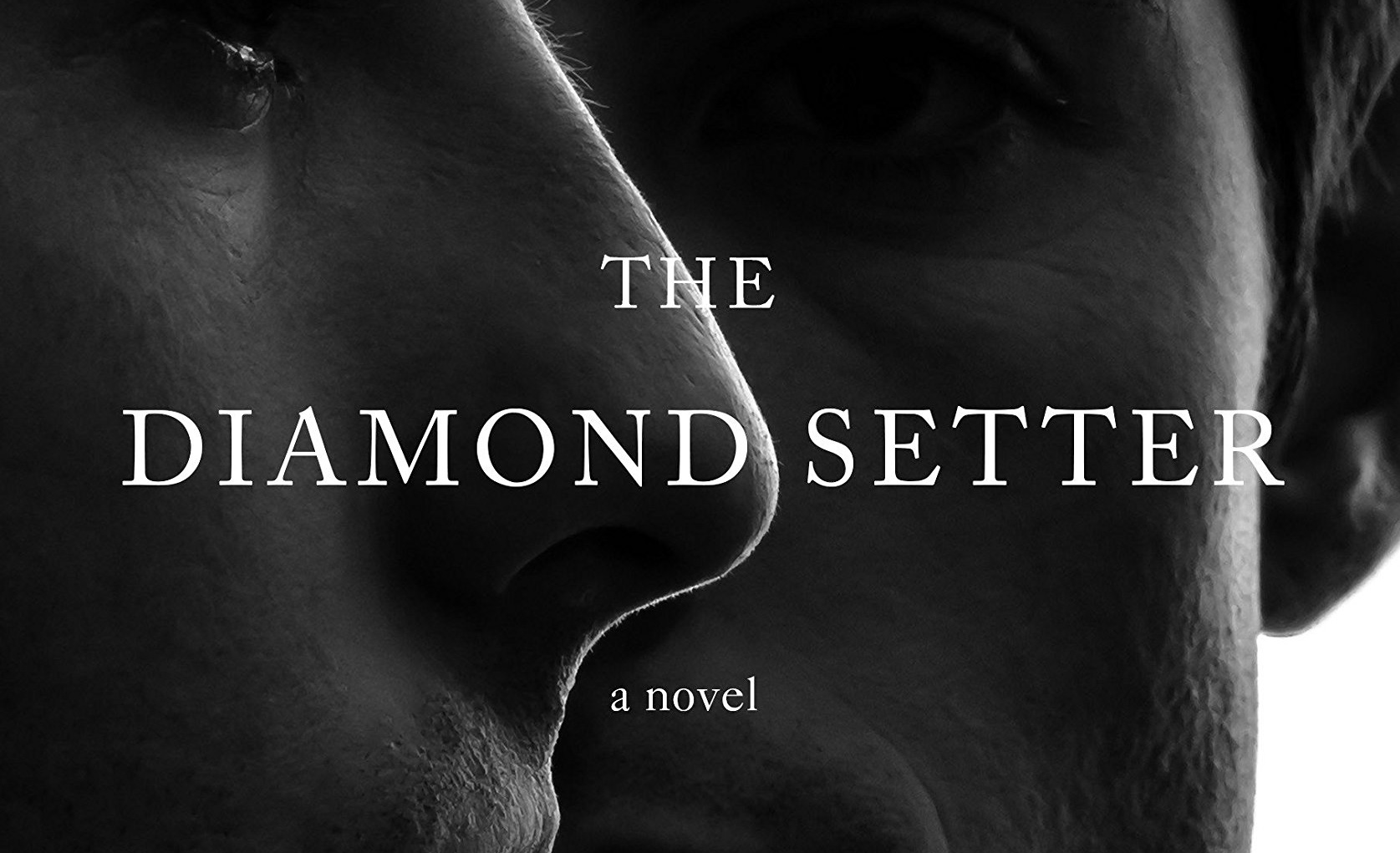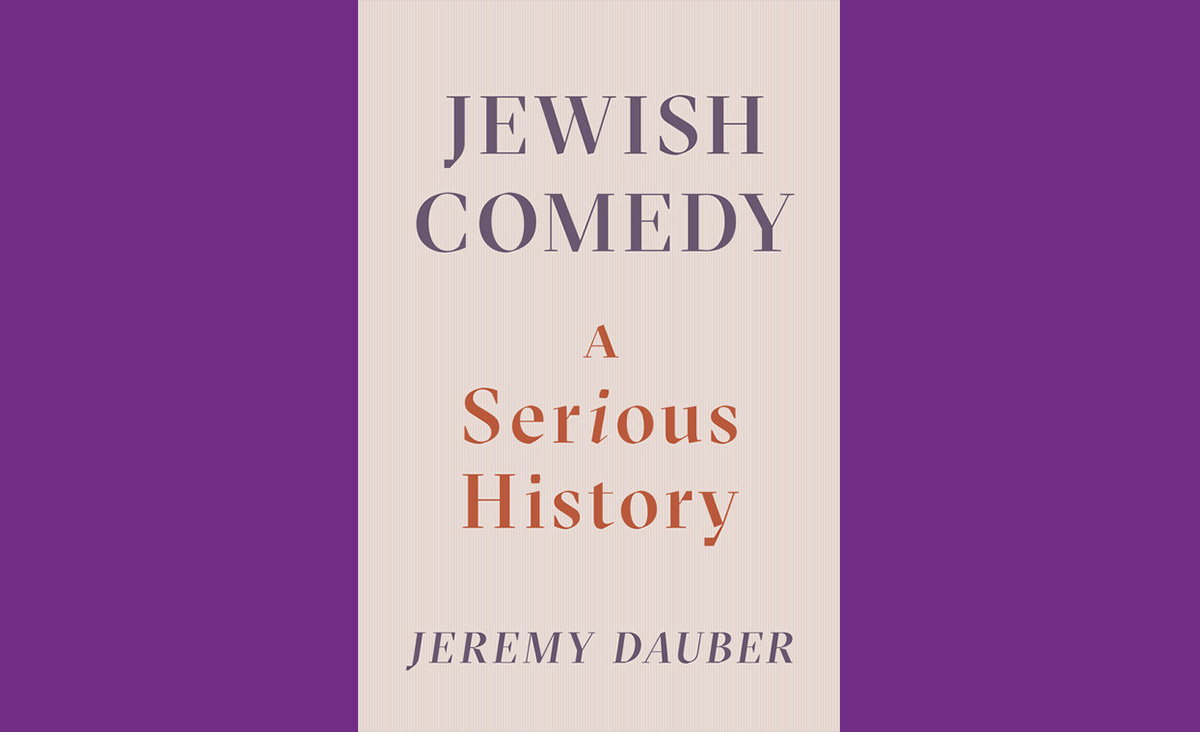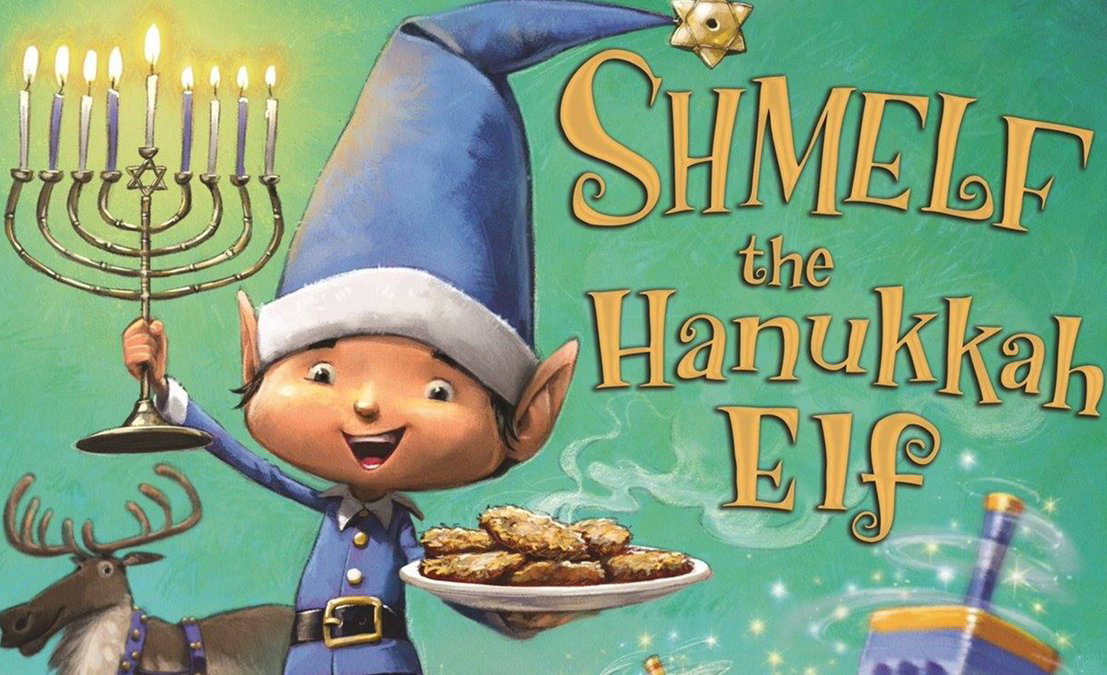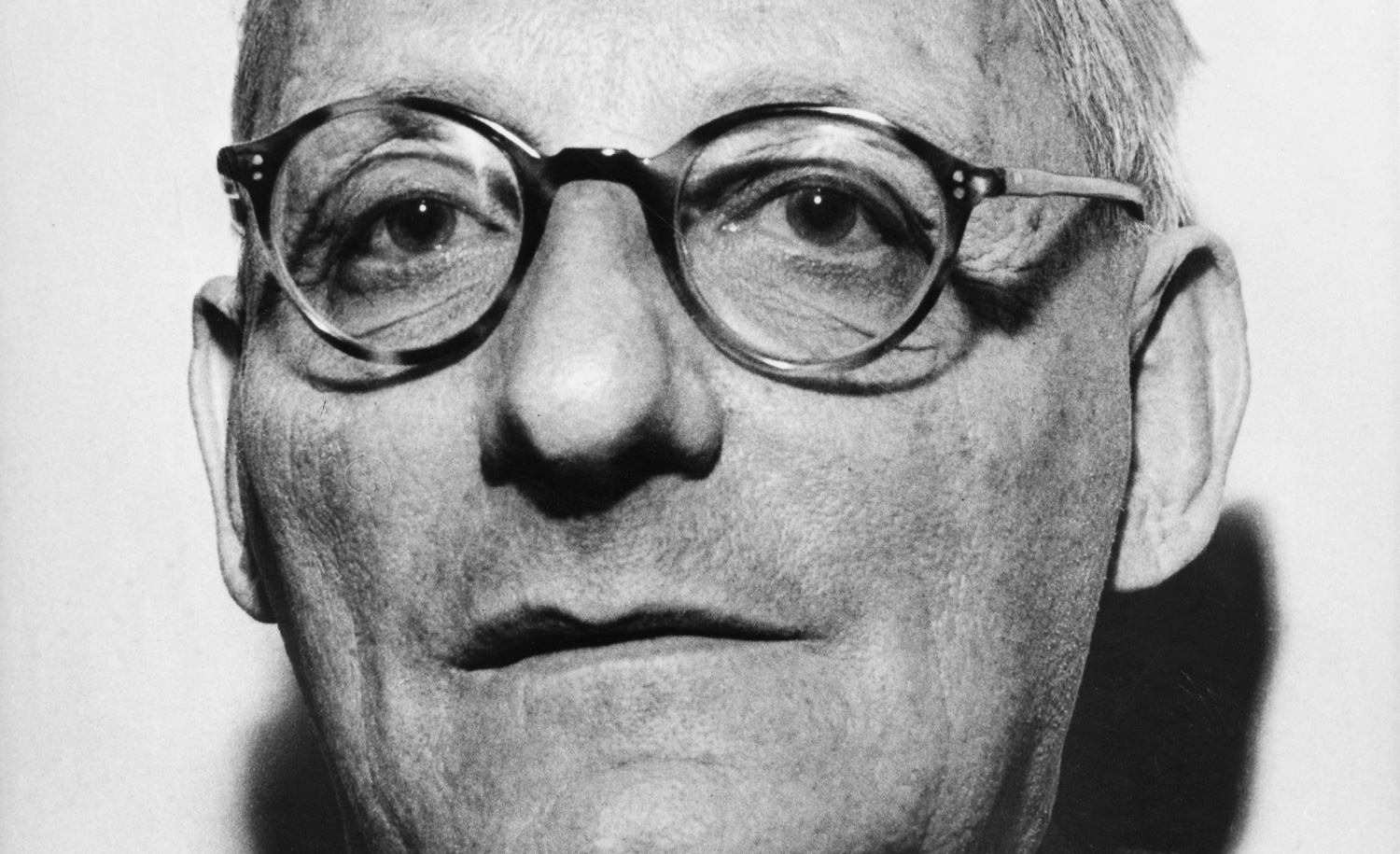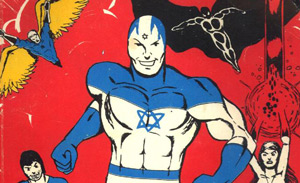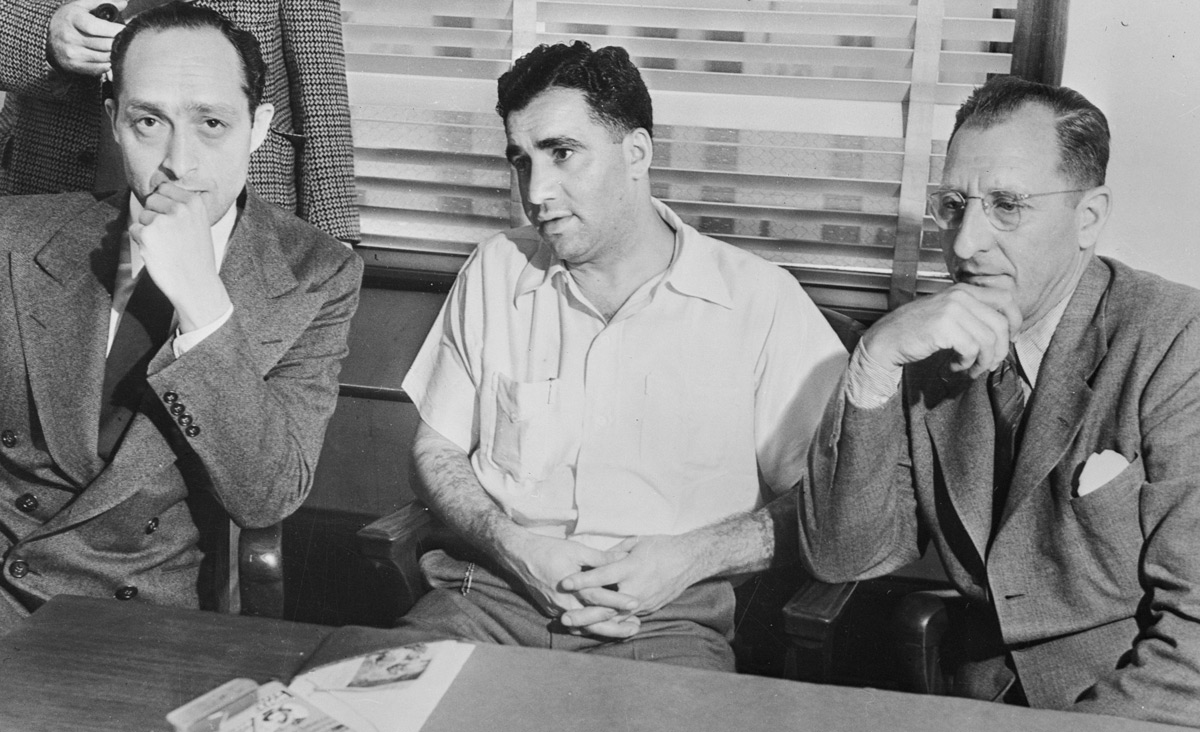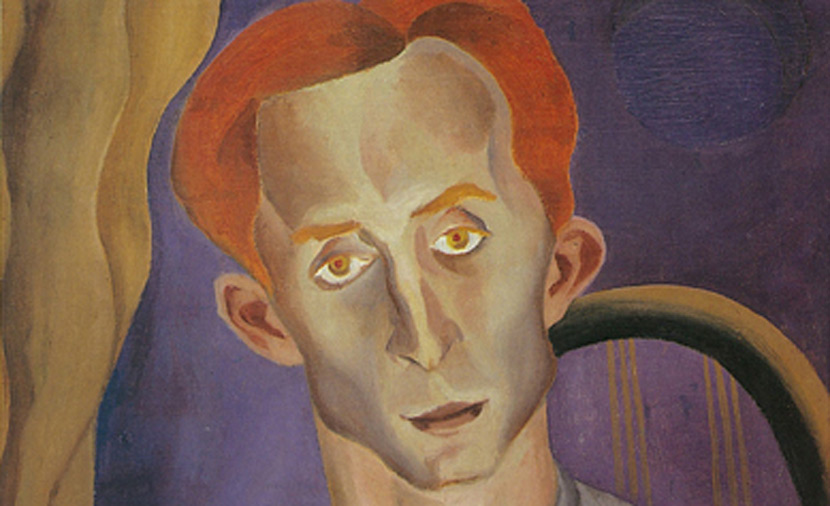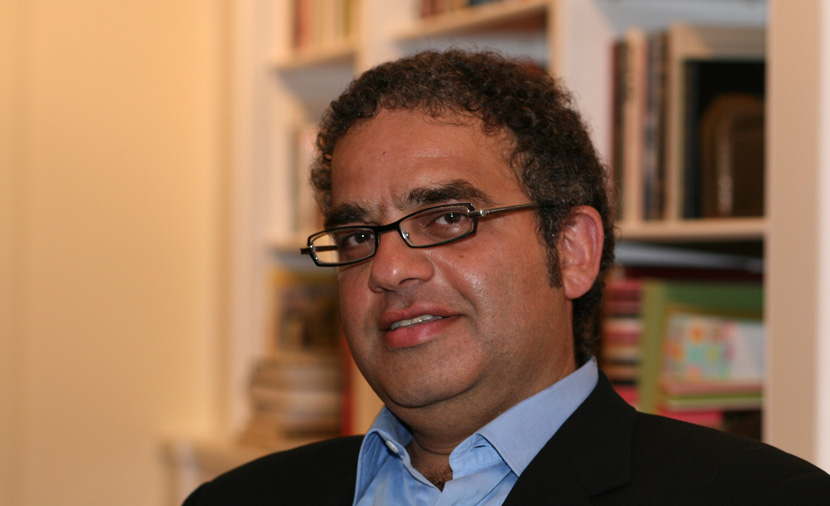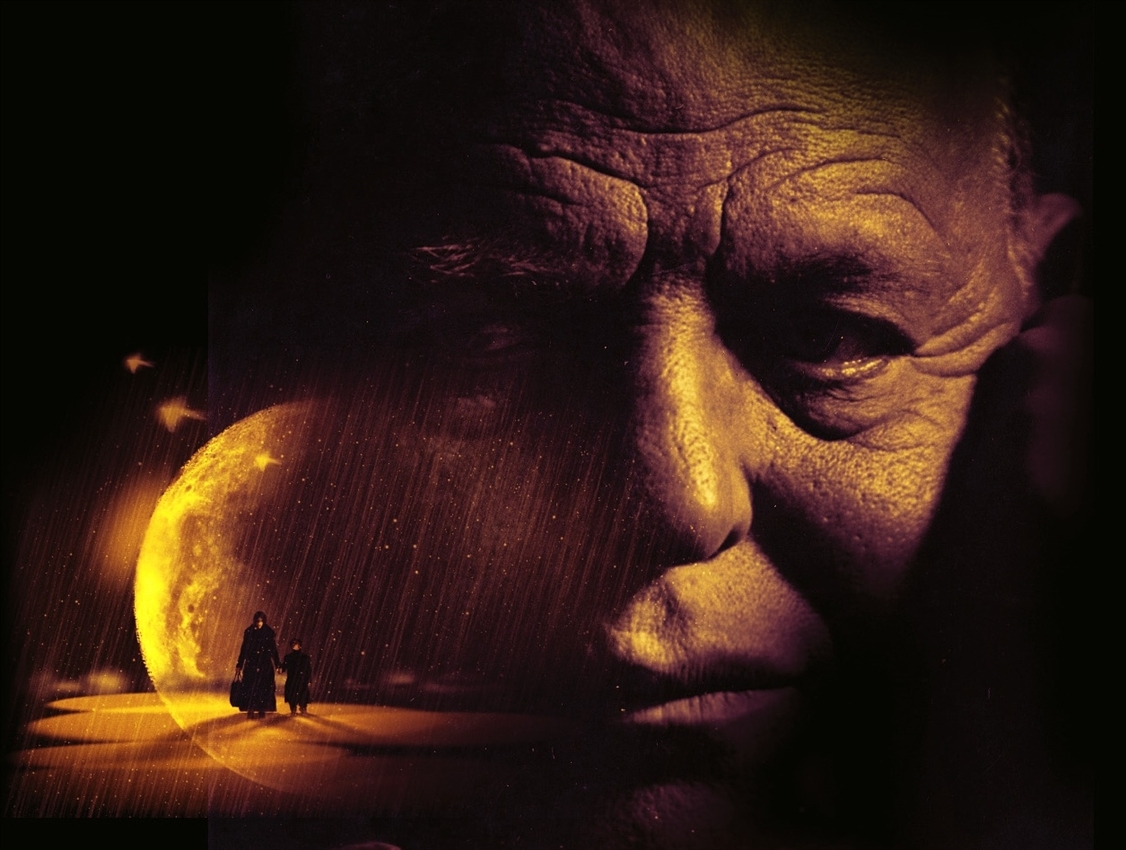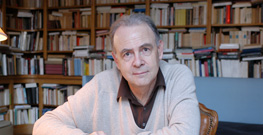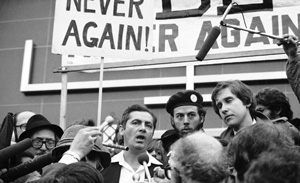Michael Weingrad
Michael Weingrad is professor of Jewish studies at Portland State University and a frequent contributor to Mosaic and the Jewish Review of Books.
David Mamet's Jewish Sensibility
One of America’s greatest living playwrights is also one of the more Jewishly compelling writers of our time, even if he gets left out of the bar-mitzvah anthologies.
Two Orthodoxies, and the Cultures They Create
Moshe Koppel’s new book Judaism Straight Up looks at today’s progressive and traditional moral psychologies and finds one wanting.
The Best Books of 2020, Chosen by Mosaic Authors (Part III)
Five more of our regular writers pick several favorites each, featuring Stalingrad, the master, Margarita, parasitic minds, infectious ideas, dust, heaven, Zoom, traveling light, and more.
Oberon's Jewish Pedigree
The figure of the great fairy king in Shakespeare’s A Midsummer Night’s Dream is descended from Judah Maccabee.
The Best Books of 2019, Chosen by Mosaic Authors (Part II)
Six more Mosaic writers share their favorites, featuring shadow strikes, orchards, gleanings, constitutional evolutions and revolutions, serotonin, odd women, and more.
The Sorry Significance of Susan Sontag
In a new biography, the critic emerges as an advanced exemplar of a nexus of glamor and moral self-regard.
A Science Fiction Novel In which the Jews Become Overlords of the Post-Human Future
In The Smoke, the latest from the British writer Simon Ings, “Bundists” turn into grotesque shape-shifters. The implications are at once unclear and unsettling.
The Middle Eastern Jews Who Were Some of Israel's Earliest Undercover Spies
A wonderful new book recaptures their story and relates it to broader issues of Middle Eastern Jewish identity.
Why Are There No Good Graphic Novels about Jews and Israel?
Like so many works in this genre, a new 350-page graphic treatment of Theodor Herzl is cartoonish in every sense of the word.
The Best Books of 2018, Chosen by Mosaic Authors
Letters, antidotes, eternal lives, outcasts, secret worlds, pogroms, and more.
The First-Ever Anthology of Israeli Science Fiction and Fantasy
Grasping the special virtues of Zion’s Fiction.
How American Jews Came to Believe That Tikkun Olam Was at the Core of Their Tradition
A new book shows the harm that ensues when religion morphs into social-justice activism.
My Funny Levantines
Two new novels offer angles of vision into Jewish experience in the pre- or non-Israeli parts of the modern Middle East.
In the Poems of Rahel, We Recognize Ourselves
In their seeming simplicity, they convey an intricately layered, acutely realized, and intensely moving human vision.
Best Books of the Year, as Selected by Mosaic Authors
Spy games, catch-67s, lionesses, smugglers, patriots, setting suns, and more.
From King David to Larry David: A New Look at Jewish Humor
For better, and for worse, Jeremy Dauber’s Jewish Comedy: A Serious History tells the story of Jewish comedy as the story of Jewish civilization.
Famous Amos
The latest novel by Amos Oz, Israel’s best-known writer, is ostensibly an allegory about both the state of Israel and the betrayal of Jesus. What’s it actually about?
Why Are Jewish Children's Books so Bad?
Year after year, most of what gets served up to young Jewish readers is poorly conceived, substantively shallow, and reeking of chicken-soup nostalgia.
A Rich 1925 Novel about the Recurring Dilemmas of Jewish Existence
Reubeni, Prince of the Jews, by Kafka’s close friend Max Brod, reminds us of the perils of elevating utopianism over the responsibilities of politics.
What Does an Acclaimed Israeli Sci-Fi Writer Have to Tell Us about the Israel of Tomorrow?
Nothing much, and nothing good.
Why Are There No Great Israeli Superheroes?
The caped inventions of American Jewish cartoonists have thrilled countless people around the world. Israeli Jews have never produced anything comparable. Why?
Philadelphia Story
For this Jewish writer and intellectual, childhood took place in a “decaying, fear-ridden city” with a mob family who called it home.
An Unknown Yiddish Masterpiece That Anticipated the Holocaust
Written in 1923, “In the Crucifix Kingdom” depicts Europe as a Jewish wasteland. Why has no one read it?
An Israeli Writer’s Great American Novel
In his prize-winning new novel, Reuven Namdar asks whether American Jewry is a house on fire. His answer is. . . .
The Russians Have Pushkin, the Jews Have Bialik
A powerful new film, available online, shows us the man who more than any other shaped the modern Hebrew language.
Patrick Modiano's (Jewish?) Sorrow
Is the 2014 Nobel Prize-winner’s work really driven by the legacy of the Holocaust in France? Or is it more personal?
Memoirs of a Jewish Extremist
A just-reissued classic explores an unfamiliar realm of Jewish experience—and is a great American tale besides.
Culture and the Classroom
Programs of Jewish studies in colleges and universities have added greatly to the possibilities for Jewish self-understanding. But they offer no sure pathway to Jewish identity.
